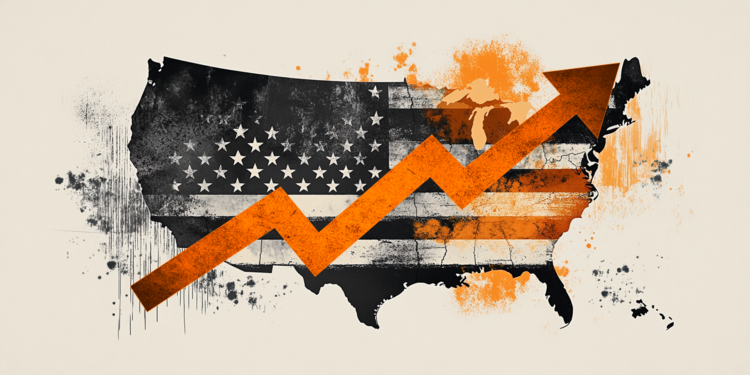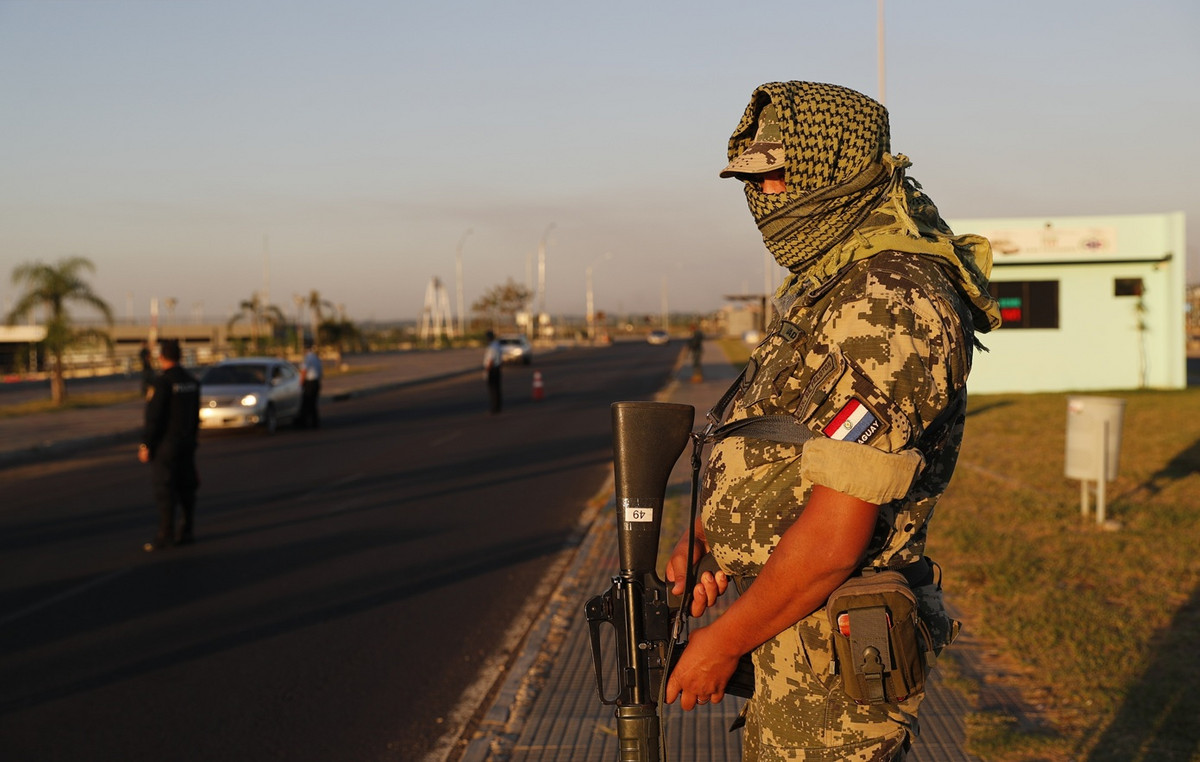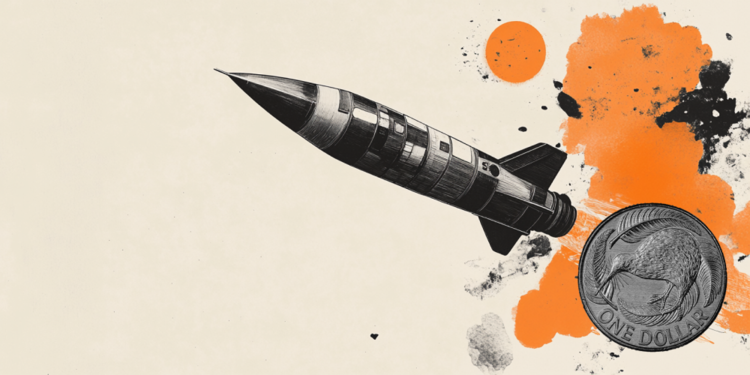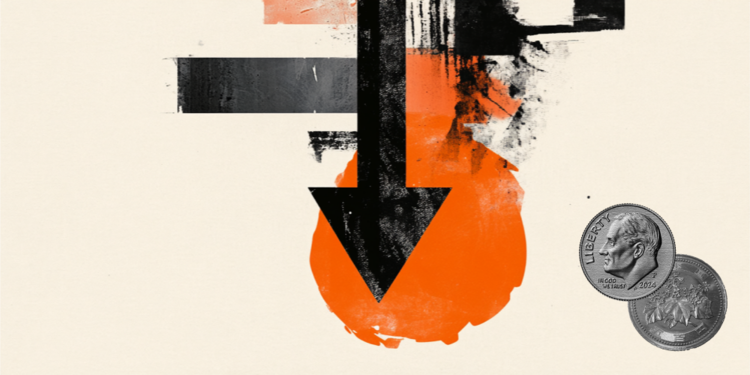Ukraine was behind three explosions last week that rocked Russian military installations in Russia’s annexed Crimea province. One took place at a Russian air base on the west coast of the peninsula and destroyed several planes, according to a Ukrainian government report released internally and shared with the CNN by a Ukrainian authority.
The source requested anonymity because he was not authorized to reveal the information to the press.
The report describes the Saki airbase, which was rocked by explosions on Tuesday (9) last week, causing a heavy but circumscribed loss to Russian military infrastructure in Crimea. It was followed by subsequent attacks, proving Ukraine’s systematic military ability to target Crimea.
At least seven military aircraft were destroyed in the Aug. 9 attack on the Saki airbase, which also severely damaged the base and killed at least one person.
From the beginning, Russia has been claiming it was an accident. The Ukrainians have so far refused to confirm that they were responsible. Aside from the authorship dispute, there is little information about what type of attack caused the explosions.
In a speech after the attack, Ukrainian President Volodymyr Zelensky said the war “began with Crimea and must end in Crimea – with its liberation”.
Another set of explosions was reported in Crimea this week, more precisely on 16 August, this time at an ammunition depot in Maiske and at an airfield in Gvardeyskoe.
Russian officials said the Maiske incident was caused by sabotage, but did not specify the type of action or those responsible.
What do we know about other recent incidents?
On Tuesday (16), fire and smoke were seen rising from an electrical substation 12 km from Maiske’s ammunition depot, according to images on social media. The cause of the fire and smoke at the substation remains unclear. The incidents took place around the Dzhankoi area, described by the British Ministry of Defense as “a key road and rail junction with an important role in the supply lines of Russia’s operations in southern Ukraine”.
The attacks come at a time when the growing resistance movements in the Russian-occupied zones are said to be carrying out acts of sabotage.
Over the past weekend, Ukrainian sources reported that a railway bridge near the city of Melitopol in southeastern Ukraine – used by the Russians to transport military equipment and weapons from occupied Crimea – had been blown up by Ukrainian guerrillas. Melitopol has been a center of covert resistance to Russian occupation for months. According to analysts, there is a campaign to weaken Russia’s military capability in Crimea.
On Tuesday, Zelensky warned Ukrainians living in occupied areas to stay away from Russian forces’ military installations, reinforcing that impression.
What do the explosions mean for Putin’s ambitions?
The explosions at the Saki airbase have shaken beachgoers who rested in Crimean beach huts last week. They marked the beginning of a series of mysterious incidents on the Ukrainian peninsula and, as a result, threaten the jewel of President Vladimir Putin’s revanchist ambitions.
Since the bombing of the air base last week, Western officials and analysts have given different explanations about the causes of the attack. Regardless of the motivation, a source at security consultancy Cavell Group said the “Saki attack was audacious and highly effective both in damaging Russian reinforcements and in dealing a significant psychological blow to morale among the Russian military and civilians.”
The actions could have profound implications for the conflict, especially if the attack was carried out with any new long-range weapons system developed by Ukraine.
According to the UK Ministry of Defence, the loss of fighter jets at Saki represents a small proportion of the global aircraft fleet Russia has available to support the war.
But at the same time, the British noticed that Saki is the main base for supporting the Russian navy in the Black Sea. “The naval aviation capability of the Russian fleet is now significantly shaken. The incident will likely prompt the Russian military to revise its perception of danger,” the ministry said.
Another consequence could be the reassessment of the threat to Crimea, which “was probably seen as a safe rearguard”, he continued.
Why is Crimea so important to Putin?
Crimea is home to Russia’s Black Sea Fleet, based in Sevastopol. The peninsula has acted as a launching pad for attacks since the February invasion, as Russian troops use the annexed region to target southern Ukraine.
Control of Crimea guarantees Russia continued access to the Sevastopol naval base, which previously operated under a leasing agreement with Ukraine, which was scrapped after the annexation of Crimea in 2014. Surrounded by the Black Sea and the Sea of Azov, the ships and Crimea-based submarines are positioned north of Turkey and can reach the Mediterranean, a perfect place to exert influence in the Middle East and the Balkans.
Crimea was forcibly taken by Russia in March 2014 shortly after Ukrainian protesters helped topple pro-Russian President Viktor.
Yanukovych. At the time, thousands of Russian special operations personnel, wearing unidentified uniforms, settled around the peninsula.
Two weeks later, Russia completed the annexation of Crimea in a referendum, accused by Ukraine and most of the world as illegitimate. At the time, the act was considered the biggest land grab in Europe since World War II.
According to human rights observers, since the annexation Crimea has been transformed into a police state. Russian local authorities and security services have gone on to harass and arrest those they believe are loyal to Ukraine, including members of the Crimean Tatar community. A 2020 US State Department report described a pattern of “illegal or arbitrary killings, including extrajudicial killings by Russia or Russian-led ‘authorities’; enforced disappearances by ‘authorities’ led by Russia or by Russia itself; torture and cruel, inhuman or degrading treatment or punishment” in Crimea.
Even before the annexation, Russian nationalist politicians often claimed authority over the region — with rich farmland and access to the Black Sea — as part of their populist rhetoric, despite Russia being just one of several powers to have dominated the region. Crimea over the centuries. A heavy defeat for the nationalists was the decision of the Soviet leadership to transfer the administration of Crimea to Ukraine in 1954, when both Russia and Ukraine were part of the Soviet Union.
Putin took the opportunity to capitalize on feelings of nationalist revenge.
Domestic politics may have played a role in Putin’s decision to annex the region. Despite the economic crisis in Russia at the time, nationalist rhetoric and the invasion of Crimea caused approval ratings to rise in 2014. “In our hearts, we know that Crimea has always been an inalienable part of Russia,” Putin told lawmakers. Russians when it announced the annexation in 2014.
Crimea has long been popular with Russian tourists, as it was with the Soviet elite. In 1991, the last leader of the Soviet Union, Mikhail Gorbachev, was on vacation in the region when hard-line opponents attempted a coup against him.
However, the large-scale invasion of Ukraine by Russia has affected tourism in the region. Sergei Aksyonov, head of the government of Russian-controlled Crimea, acknowledged last month that there had been a 40% drop in the tourist sector during the summer. The Russian Tourism Association made a similar prediction in June.
What happened in Crimea after the explosions?
The body responsible for Russian roads said on Tuesday that it had recorded a new traffic record on a Crimean bridge days after the explosions at the Saki air base.
“During August 15, 38,297 cars crossed the bridge in both directions,” the agency said.
Local officials have been downplaying the length of vehicle queues, saying they are due to stricter controls on the bridge for safety reasons — not because of an increase in outbound traffic from the region.
“To say that they are fleeing Crimea is a complete lie, there is no doubt about that,” Aksyonov, the head of the Russian-controlled Crimea government, said on Tuesday. On the same day, referring to the miles-long queues of civilian vehicles trying to leave Crimea for Russia, Zelensky said: “The queue now of those leaving Crimea for Russia across the bridge proves that the absolute majority of citizens of the terrorist state have already understand or at least feel that Crimea is no place for them.”
* CNN’s Tim Lister, Uliana Pavlova, and Paul P. Murphy contributed to this story.
Source: CNN Brasil
I’m James Harper, a highly experienced and accomplished news writer for World Stock Market. I have been writing in the Politics section of the website for over five years, providing readers with up-to-date and insightful information about current events in politics. My work is widely read and respected by many industry professionals as well as laymen.







